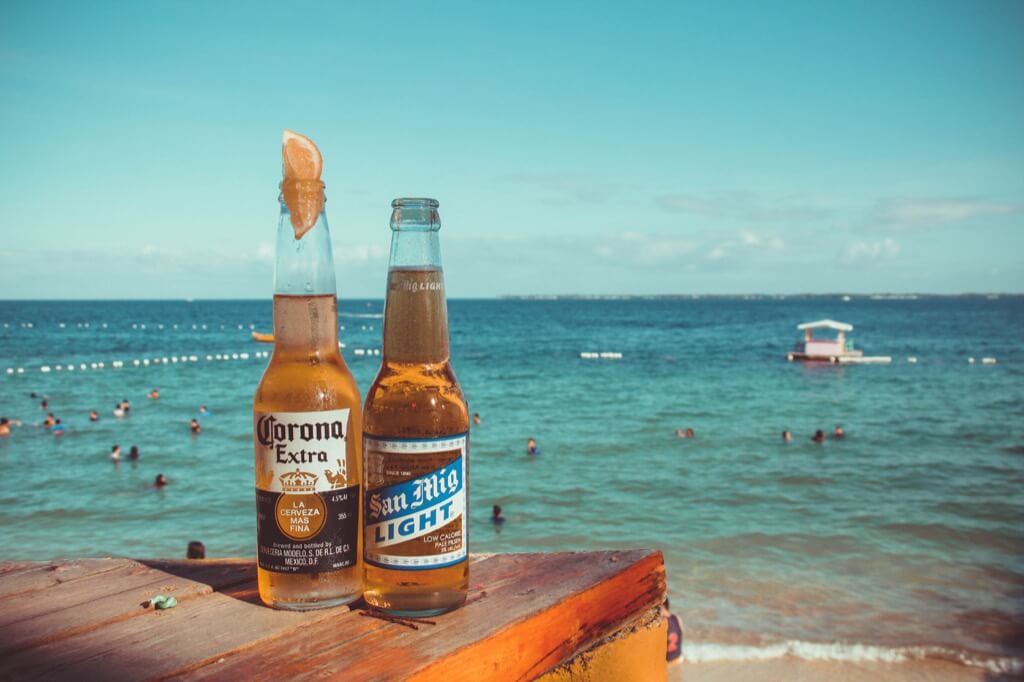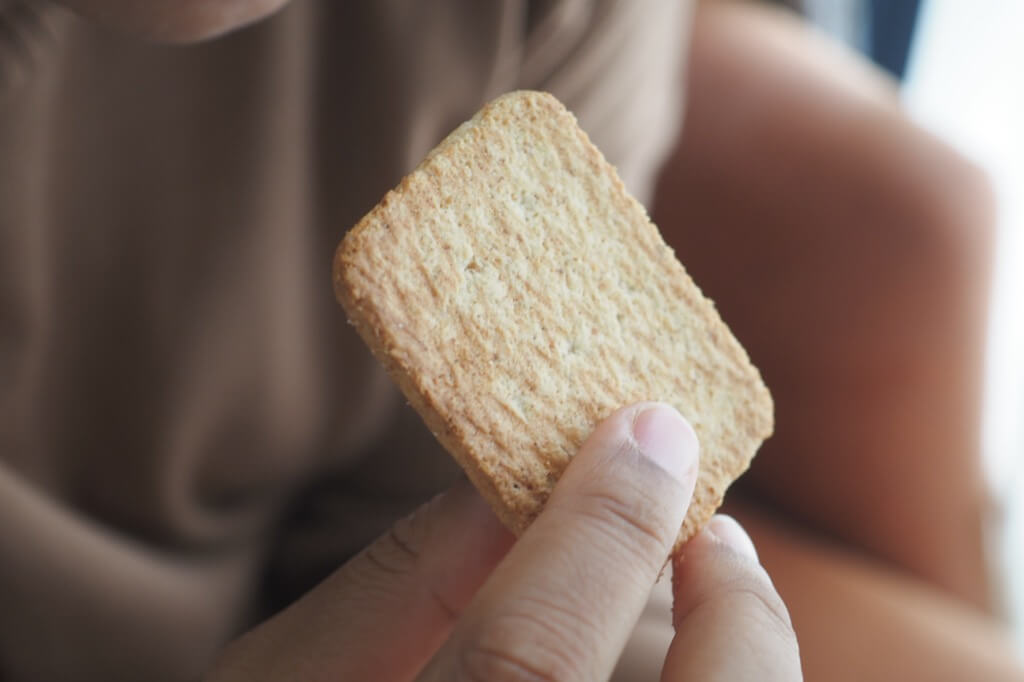The term “booze,” synonymous with alcoholic beverages in modern vernacular, has an intriguing and somewhat debated origin. Contrary to the popular myth associating it with a 19th-century distiller named E. C. Booz, the term’s history stretches much further back, with its first recorded appearance in the English language around the 14th century. Originally spelled “bouse,” the term evolved into its current form, “booze,” by the 17th century. This linguistic evolution marks a fascinating journey through languages and cultures.
The word “booze” is believed to have Germanic roots, with scholars proposing several closely related words as its possible origins. Old High German’s “bausen,” meaning “to bulge or billow,” the Dutch “búsen,” signifying “to drink excessively” or “to get drunk,” and Old Dutch’s “buise,” a term for a drinking vessel, are all considered potential ancestors of the English “booze.” The predominant theory leans towards the Dutch “búsen” as the most likely origin, illustrating the intertwined nature of language development across cultures.
Over time, “booze” has developed not just as a noun but also as an adjective and adverb, with “boozy” and “boozily” depicting states of drunkenness. This linguistic versatility reflects the term’s deep-rooted presence in English-speaking cultures. Additionally, regional terms like New Zealand’s 1940s-era “boozeroo” for a drinking binge highlight the term’s adaptation in different English-speaking communities around the world.
The history of alcohol consumption is as old as civilization itself, with archeological evidence dating the earliest fermented beverages, such as beer, to around 10,000 BC in the late Stone Age. This period also saw the advent of bread, suggesting a sophisticated understanding of fermentation processes. Further historical references to alcohol include wine production in Egypt around 4000 BC and beer being a daily staple in Ancient Egyptian households, signifying its integral role in early societies.
In ancient cultures like China, Babylon, Greece, and Egypt, alcohol was often viewed through a spiritual lens. In China, alcohol was considered a “spiritual food” during the Paleolithic era, made from fermented rice, honey, and fruit. These cultures typically emphasize moderation in consumption. In Greece, the followers of Dionysus were an exception, believing intoxication brought them closer to their deity. Even figures like the mother of Alexander the Great were known for their public drunkenness, reflecting the varied social attitudes towards alcohol.
Contrary to popular belief, Native American tribes had their traditional alcoholic beverages long before European contact. This underscores the widespread, independent development of alcohol across different cultures. Between the 1500s and 1800s, Christian denominations like the Catholics, Protestants, and Puritans viewed alcohol as a divine gift to be enjoyed in moderation for pleasure and health. The shift in Christian attitudes towards alcohol being sinful, largely due to concerns over the effects of drunkenness, began emerging in the 18th century.
“Booze” as Slang and its Social Usage
Today, “booze” is widely recognized as colloquial or slang terminology. It denotes any alcoholic beverage, particularly hard liquor. Historically, the term also referred to a session of drinking or a drinking party. This dual usage as both a noun and a verb underlines the social aspect of drinking culture, where “booze” is not just about the drink itself but also the act of drinking and the social interactions that accompany it.
From a scientific standpoint, the primary component of “booze” or alcoholic beverages is ethanol. A type of organic compound known chemically as CH3CH2OH, ethanol is an alcohol that results from yeast fermenting sugars. The process of fermentation is fundamental to the production of various alcoholic beverages, making ethanol the core element that defines “booze” in scientific terms.
Alcoholic beverages encompass a wide range of drinks, including fermented fruits, grains, and vegetables. The key distinction between general alcoholic beverages and liquor lies in the process of distillation. While all alcoholic drinks are created through fermentation, liquors undergo an additional step of distilling the fermented substance to concentrate the ethanol, resulting in a higher alcohol content. This distinction highlights the diversity within the category of alcoholic beverages, with “booze” often colloquially encompassing the entire spectrum.
Cultural Influence on the Evolution of “Booze”
The evolution of the term “booze” sparks debate over the extent to which cultural influences shape language. Some argue that the transition from “bouse” to “booze” reflects the linguistic impact of societal changes, particularly in how alcohol consumption was perceived and integrated into social norms. Others contend that such linguistic shifts are more arbitrary, a result of evolving pronunciation and spelling standards rather than a direct reflection of cultural shifts.
Marketing vs. Historical Accuracy
A contentious topic is the role of folklore and marketing in shaping historical narratives, as seen in the misattribution of “booze” to E. G. Booz. Some argue that such myths, although factually inaccurate, play a vital role in creating engaging stories that capture the public imagination. Others insist on the importance of historical accuracy and the need to debunk myths, stressing that perpetuating such falsehoods can lead to a misunderstanding of linguistic and cultural history.
The scientific definition of “booze” as ethanol-based raises debate about the intersection of scientific terminology and colloquial language. One side argues that understanding “booze” through its scientific component, ethanol is crucial for a comprehensive understanding of the substance and its effects. In contrast, others believe that the colloquial usage of “booze” should not be burdened with scientific precision, as it serves a different purpose in everyday language and social interaction.
The Social Implications of “Booze” as a Slang Term
The debate over “booze” as a slang term for alcoholic beverages involves its social implications. Some view the term as casual and harmless, reflecting a relaxed attitude towards alcohol consumption. Conversely, others argue that using slang terms like “booze” may trivialize the seriousness of alcohol consumption and its potential consequences, advocating for more formal or cautious language, especially in public discourse.
It serves as a lens through which the shifting societal attitudes and cultural practices surrounding alcohol consumption can be observed. Over centuries, this term has absorbed and reflected various facets of human life, from myth-making and folklore to scientific understanding and social norms. Its history is not merely about how a word has changed, but how it has continuously shaped and been shaped by the human experience with one of the oldest known substances in our history.




